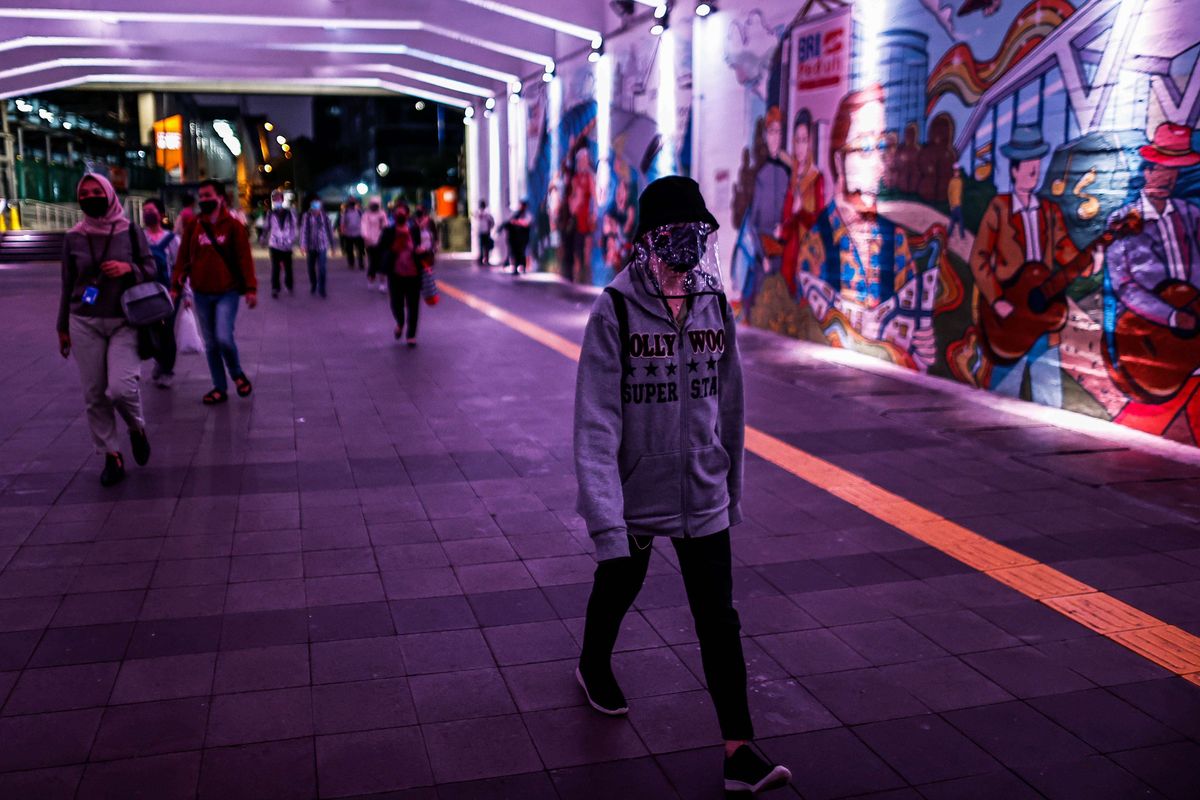Indonesian Employers Warn of Mass Layoffs Ahead of Wage Hikes in 2021

Read also: Indonesian SMEs That Resisted Digital Adoption Collapsed during Pandemic
The organization preferred that the rate would have been lowered to avoid any mass layoffs in Indonesia.
“We went through several rounds of dialogues and discussions during which we tried to understand the Indonesian government’s decision until eventually, the central government decided to keep the rate the same in 2021.”
The threat of strikes imminent
The Confederation of Indonesia Trade Unions (KSPI) has rejected the decree and instead of continuing nationwide protests, members of the union will opt for nationwide strikes.
“Unlike the nationwide strikes conducted on October 6-8, this time, it will only involve factory workers,” said Chairman of KSPI Said Iqbal.
Said argued that this was not Indonesia’s first time experiencing an economic recession and that minimum wage in Indonesia should increase.
Read also: President Jokowi Reprimands Senior Minister, Investment Chief over Low Investment
He highlighted that in 1998, Indonesia’s economic growth was minus 17.6 percent with an inflation rate close to 78 percent.
“Massive demonstrations happened and spread throughout various regions. Then Indonesian President Habibie went ahead in increasing minimum wage rates by nearly 16 percent.”
Using the same analogy thus economic growth and the inflation rate are far lower than that in 1998. This year, the Indonesian economy is predicted to reach minus 8 percent with an inflation rate of 3 percent.
With that calculation, KSPI has proposed that Indonesia’s wage hike should rise by 8 percent.
Should business owners find it difficult to realize thus KSPI suggests negotiating the matter with the regional government and National Remuneration Board.
Although several companies are still operating, it is not necessary to impose the same wage hike requirement considering that not all companies can afford it.
Read also: Students, Workers Stage Protest Anew over Indonesia's Jobs Law































